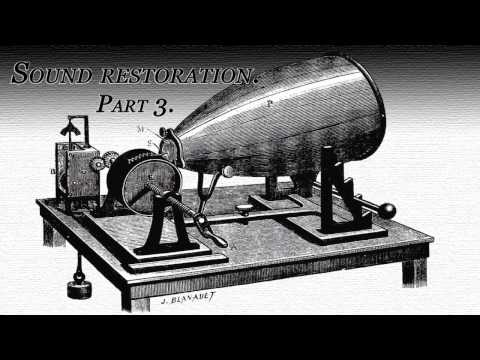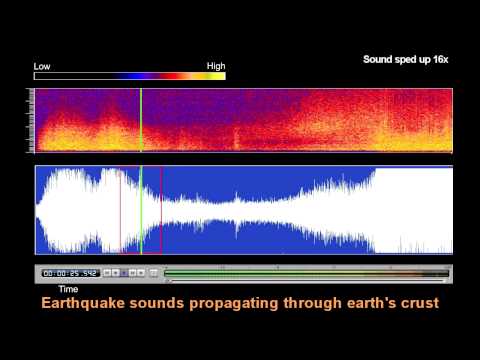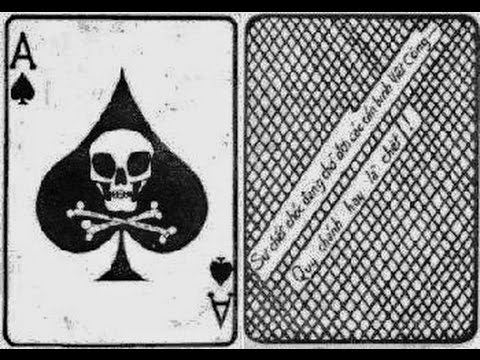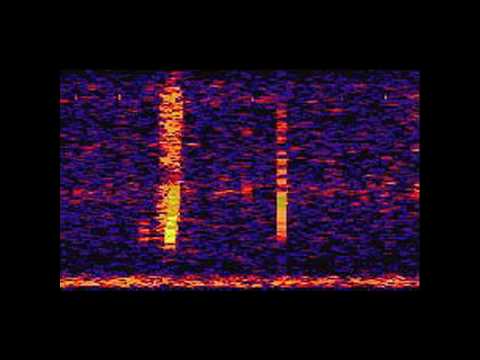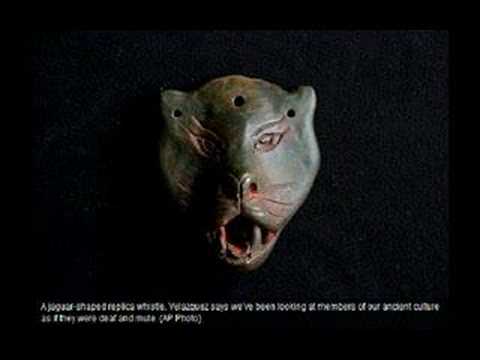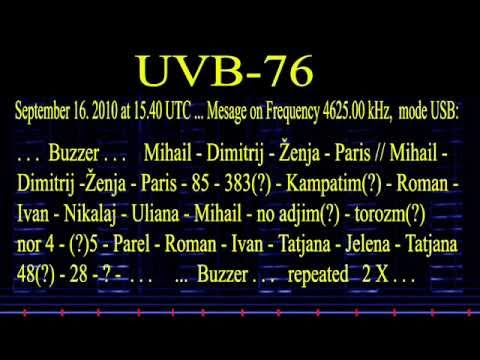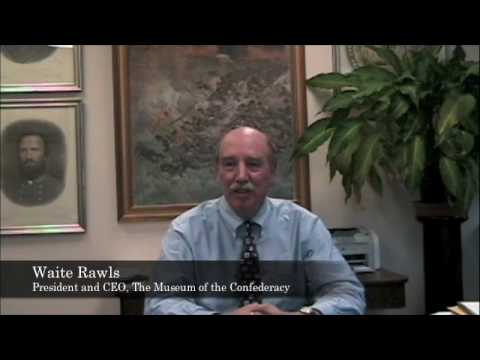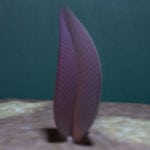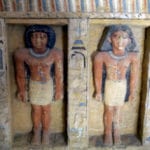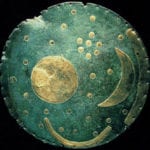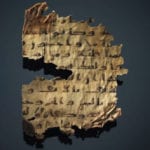The first known recording of a human voice which we have comes from 1860 and is of the French folk tune ‘Au Clair De La Lune.’ The recording was made by a machine called a phonautograph which captured sound and used a moving needle to record the motions caused by noise on paper. The machine was never meant to allow sound to be reproduced but was purely for the study of acoustics. Using the etchings made by the machine it was relatively simple for the sounds to be recreated and played back in something like their original form.
Sound travels at different speeds through different materials. As a rule: the denser the material, the faster and the further a sound will travel. Earthquakes propagate as waves through the Earth’s crust. They can even resonate in the Earth’s mantle and set the world ringing like a bell. This energy can be picked up by scientific equipment and translated into sound. Here we have a recording of the waves caused by the Japanese earthquake of 2011. Watch this video on YouTube Sound warfare has long been used. Soldiers can sometimes unnerve their enemies with eerie sounds, beating them into submission without firing a shot. Among the Vietnamese, there was a belief that the dead must be buried – otherwise their souls would wander the earth, unable to find rest. During the Vietnam war, the US army produced recordings of ghostly voices over weird sounds which would sound to their Vietcong enemies like the moanings of wandering souls. Throat singing is a method of using the human voice to produce two different tones at the same time. It sounds alien to Western ears but has been practiced in several cultures, particularly in Eastern Asia. The skill has been updated recently to allow it to be performed alongside western musical instruments, but in its traditional form it employs only the voice. Beethoven’s symphonies are still played and enjoyed the world over. Although he wrote many kinds of composition, he was never thought to have dabbled in hymnal music. But in a notebook left by the great composer, a short piece was left unidentified. It went unproduced until this year. A specialist in religious music from Manchester University recently saw the note, and realized exactly what Beethoven had composed: an adaptation of Pange Lingua. This year may mark the first time anyone besides Beethoven has heard his piece – nearly 200 years after he jotted it down.
The Cold War produced many technical innovations. The great threat posed by nuclear submarines made it imperative for governments to find a way of detecting them. Since sound carries extraordinarily well in water, one method of detection was to listen via underwater microphones called hydrophones. Besides submarines, these microphones have detected several unidentified sounds. One of these – called the Bloop – was picked up off the west coast of South America. Opinions differ as to whether this unidentified sound was produced by the breaking up of ice, or by some kind of enormous animal. Coincidentally, the location of the sound was remarkably close to the fictional sleeping place of the great god Cthulu. Ph’nglui mglw’nafh Cthulhu R’lyeh wgah’nagl fhtagn! None of us will probably ever hear, in person, the overwhelming roar of a nuclear explosion. In the golden age of nuclear testing, however, no aspect of the blasts was left unrecorded. Various seals of secrecy are expiring on the records of nuclear tests: this recording is of an underwater detonation carried out by the United States at Bikini Atoll in the South Pacific. In many Aztec graves, archaeologists have found small ceramic whistles. They are often shaped like animals, or decorated in geometric patterns. Roberto Velazquez has made copies of these whistles, which he terms (in somewhat bombastic fashion) Whistles of Death. His copies give us the chance to hear the noises they would have made all those centuries ago. All over the world, mysterious radio stations are broadcasting signals. One of the most famous of these stations is UVB-79 in Russia. This station broadcasts a monotonous set of buzz pulses all day, every day. Occasionally the buzzing sound is interrupted by a voice giving seemingly coded messages in Russian. The best guess as to the purpose of this and other similar stations is that they are used by various intelligence agencies to pass messages between agents. Known as Number Stations, they inspired the radio broadcast of mysterious numbers in the TV series Lost. Throughout history, soldiers have used war cries to work themselves into a pre-battle frenzy. None have been considered more fearful to the enemy than the shrill yell of the Confederate army in the American Civil War. The rebel yell was noted for its piercing tone, which reminded many who heard it of Native American war cries. Until recently we had only written records of the battle cry, but now it seems we have authentic recordings, left by veterans of the war.
